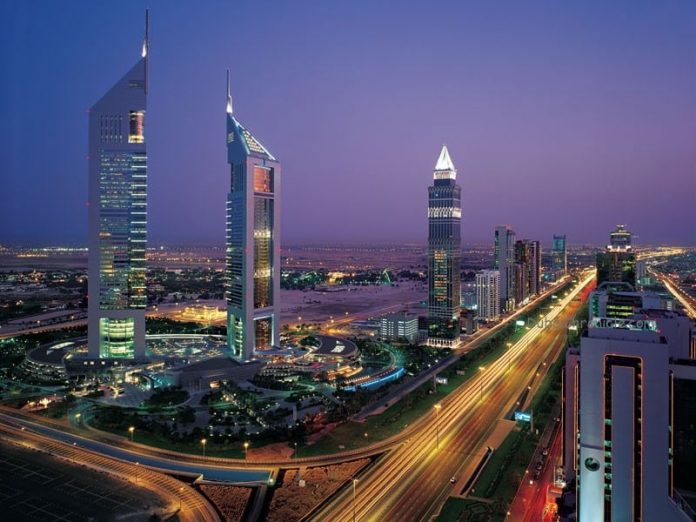
The authorities in Dubai should be ready to act if the emirate’s residential property market shows signs of overheating, according to a senior official from the International Monetary Fund (IMF).
The market, which is currently seeing a rise in prices and sales needs to be driven by fundamental factors, not speculation, said Masood Ahmed, the IMF’s director for the Middle East and North Africa.
‘When you begin to see very rapid increases in any asset prices then you just need to be prepared to act,’ he said.
Dubai property have increased by over 20% in the last 12 months and the IMF first voiced its concerns there months ago about a potential property price bubble although other analysts have downplayed the possibility.
The emirate suffered a crash in 2008 which saw prices in some locations fall by up to 60% with speculators and flippers being blamed alongside the global economic downturn.
The Dubai Land Department has been overseeing measures to try to avoid such a scenario ever happening again and bringing the real estate market to maturity. Last month it said it will double the registration fee charged on real estate transactions to 4% to prevent excessive speculation.
‘Going forward, just make sure that fundamentals continue to drive the market, do not let yourself be overtaken by a degree of exuberance. Singapore has a one off tax of 15% if a property is resold within six months so there are steps that can be done,’ Ahmed added.
The United Arab Emirates central bank has announced new limits on mortgage loans last month and its governor has repeatedly said that he is not worried about a new house price bubble.
Farouk Soussa, Citigroup’s chief economist for the region, said a coordinated plan by state linked property developers might be needed to prevent another crash. ‘That’s what was lacking in the run up to 2008. There was too much competition between the big state developers and that’s what I fear we could run into again,’ he explained.
‘The question about whether or not to construct 500,000 or a million new units over the next five years has to be separate from the question of whether or not you have speculative demand,’ he added.

































